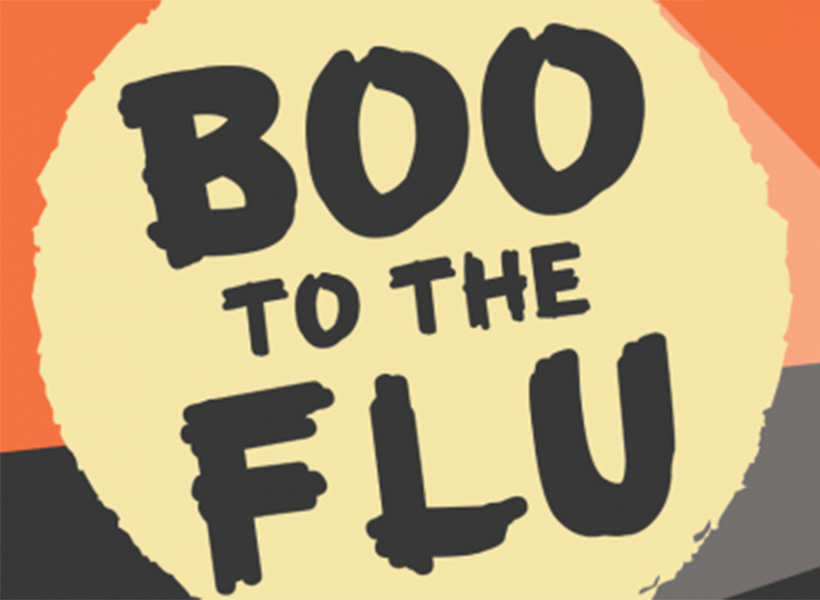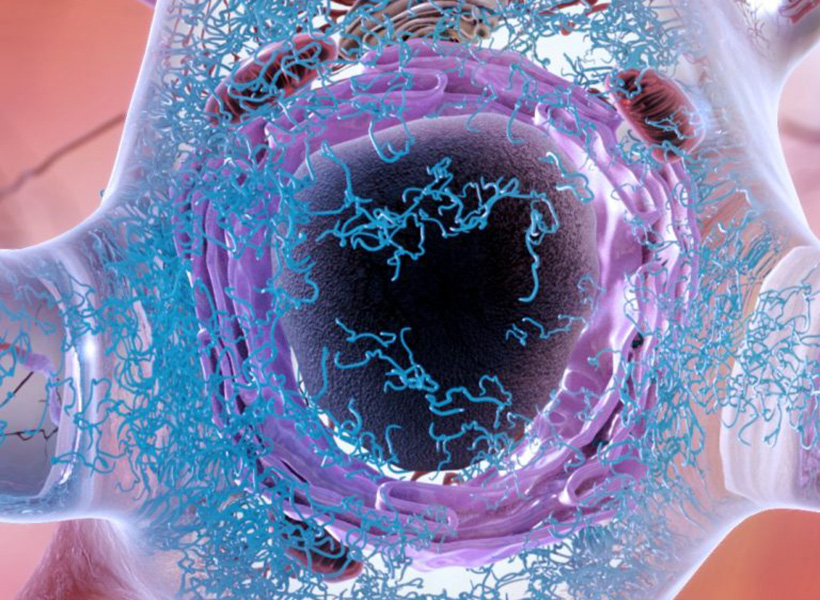Moving science forward in service of humanity
RLA is a trusted partner to health- and research-focused agencies and organizations, helping to move science forward in service of humanity. Our researchers, analysts, writers, editors, designers, and coordinators draw on multidisciplinary expertise to research and synthesize the best evidence, enable stakeholders to collaborate and convene, and transform complexity into clarity.
Scientific Research and Analysis
RLA collaborates with clients to design, execute, and analyze large-scale, high-impact health and social science research. Our survey research and analyses always include the experiences of key populations and our strategic planning facilitation helps to set the future direction of scientific research.
Science Communications
RLA’s writers, editors, and designers bring stakeholders together in face-to-face and virtual conversations by developing literature reviews, reports, and digital communications that capture and circulate critical information. We use collaborative tools to monitor progress and develop compelling, accessible, and diplomatic documents and deliverables.
Multimedia and Event Production
RLA plans and executes in-person, hybrid, and virtual scientific events, designing tailored solutions to ensure the highest quality of conference, logistical, and technical support. Our rigorous attention to detail and accountability-driven approach is informed by our curiosity and motivation to seek continuous improvement.








